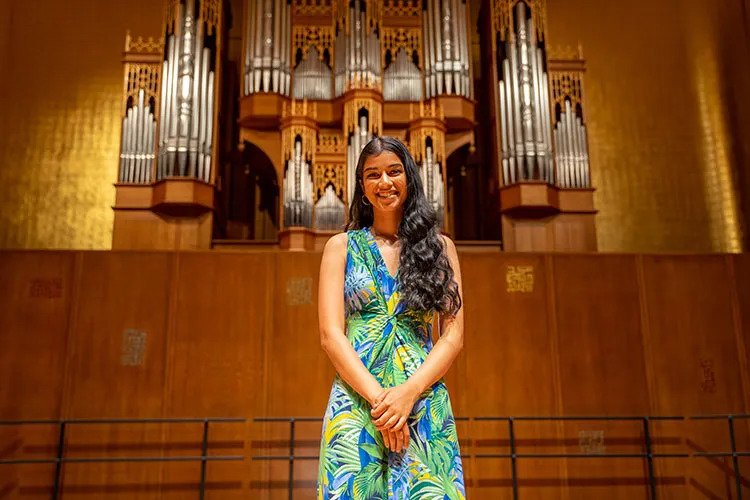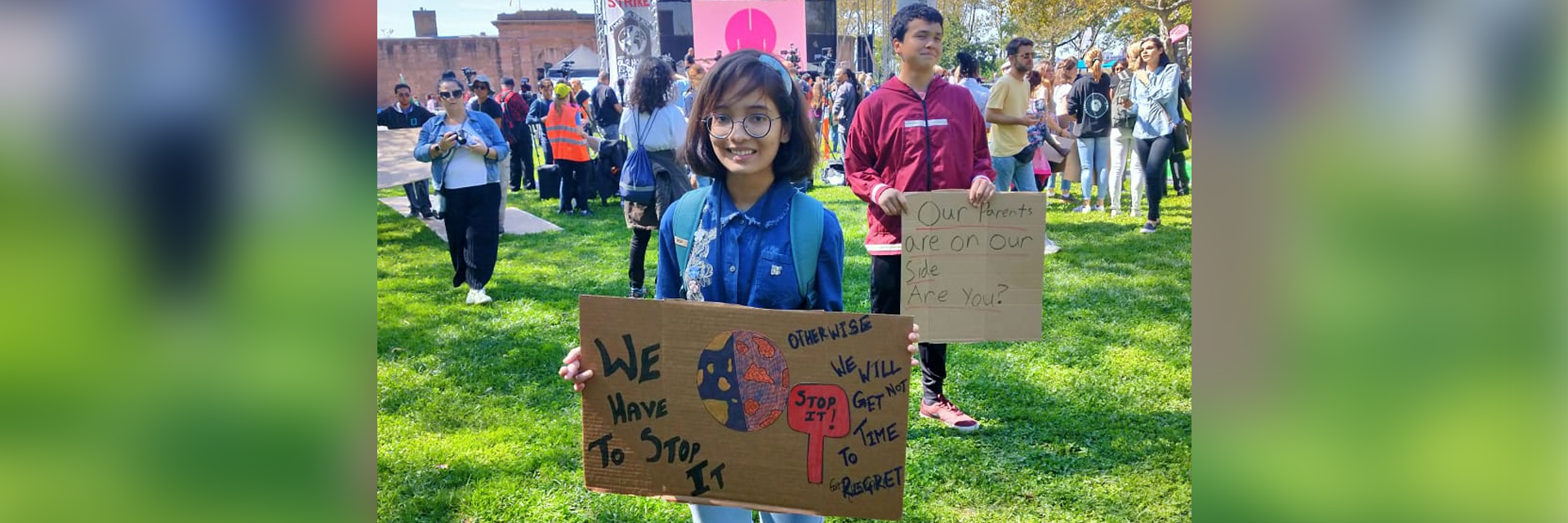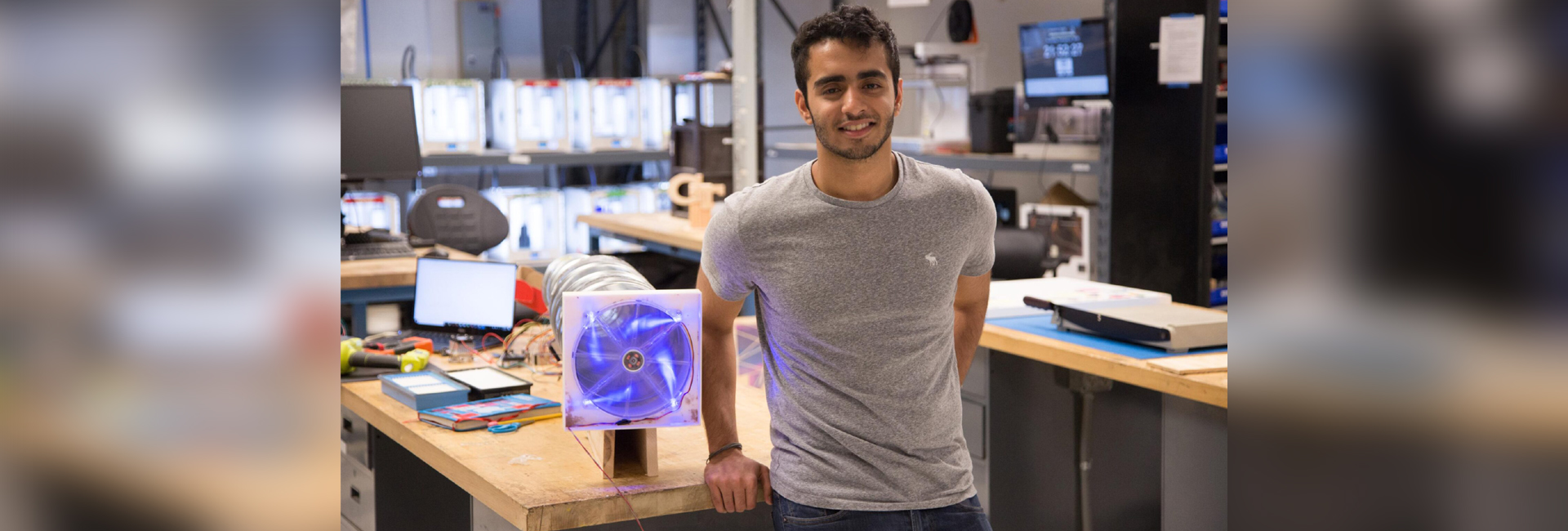(October 8, 2022) The world watched in awe when Anjika Ganesh Pai, dressed in a beautiful saree, took over the stage during the graduation ceremony, at UC Berkeley on May 21, 2022. Addressing her fellow students, the environmental justice student lobbied for greater diversity in the scientific field and more young environmental volunteers, during her speech. “After countless lessons in my environmental science classes about the catastrophic, unavoidable effects of climate change, I would ask my professors, ‘Do you think we’ll be able to make it?’ Everyone responded that our generation will be the one to reverse the destruction we have witnessed thus far,” she said during her speech.
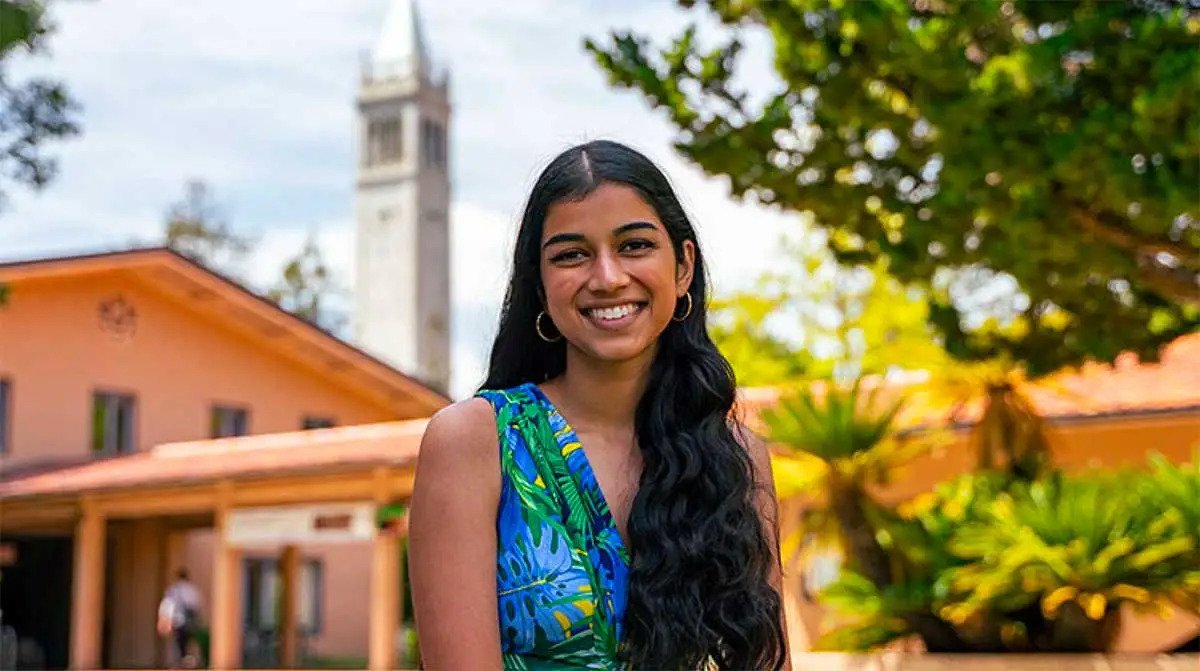
Anjika Pai
After she had to pause for the crowd to stop applauding, she added, “But this vote of confidence hasn’t been the only thing that has reoriented me towards hope, time and time again. It has been the cutting-edge research that has shown me the potential to create radical, positive change.”
A first-generation Indian American, with roots in India’s western coastal state of Goa, Anjika was named the 2022 University Medal winner, the highest honor for a graduating senior. Winning a cash prize of $2,500, the young Global Indian is also the co-founder of the award-winning website STEM Redefined, which works as part of the Clinton Global Initiative University programme for social impact startups. Her deep sense of equality and justice earned the young environmental activist several awards and recognitions over the years.
A born leader
Anjika and her elder sister, Anisha, were born to Indian immigrants Ganesh and Samhita Pai, who moved to the United States from India in the early 1990s. Settled in the sparsely-populated town of Jamison in Pennsylvania, Anjika often went to the nearby woods after school and sat there for hours. While the sisters had the full support of their teachers, they had to face casual racism at school.


Anjika with her parents
To constantly prove herself, Anjika worked on a social science project linking the eruption of Mount Vesuvius in 79 A.D. to the sinking of the Titanic in 1921 in her third grade. The project was a huge success and earned her a school medal at a very early age. Proving her mettle again, the now 19-year-old convinced her school principal to let students take part in a Day of Silence, an annual April event observed internationally to spread awareness about how LGBTQ-plus students are bullied and silenced. While she couldn’t get all the students to participate in the event, more than 75 percent of the school observed the Day of Silence.
Fighting for nature
While most kids watch television to unwind, it was actually a show on Animal Planet that encouraged this youngster to take up environmental justice as her major at the University level. “Everyone I knew wanted to be a doctor and save lives, and I just kept wondering, ‘Where are we going to put all these saved lives? How long is this planet going to be here?’” she recalled during an interview with Daily California.
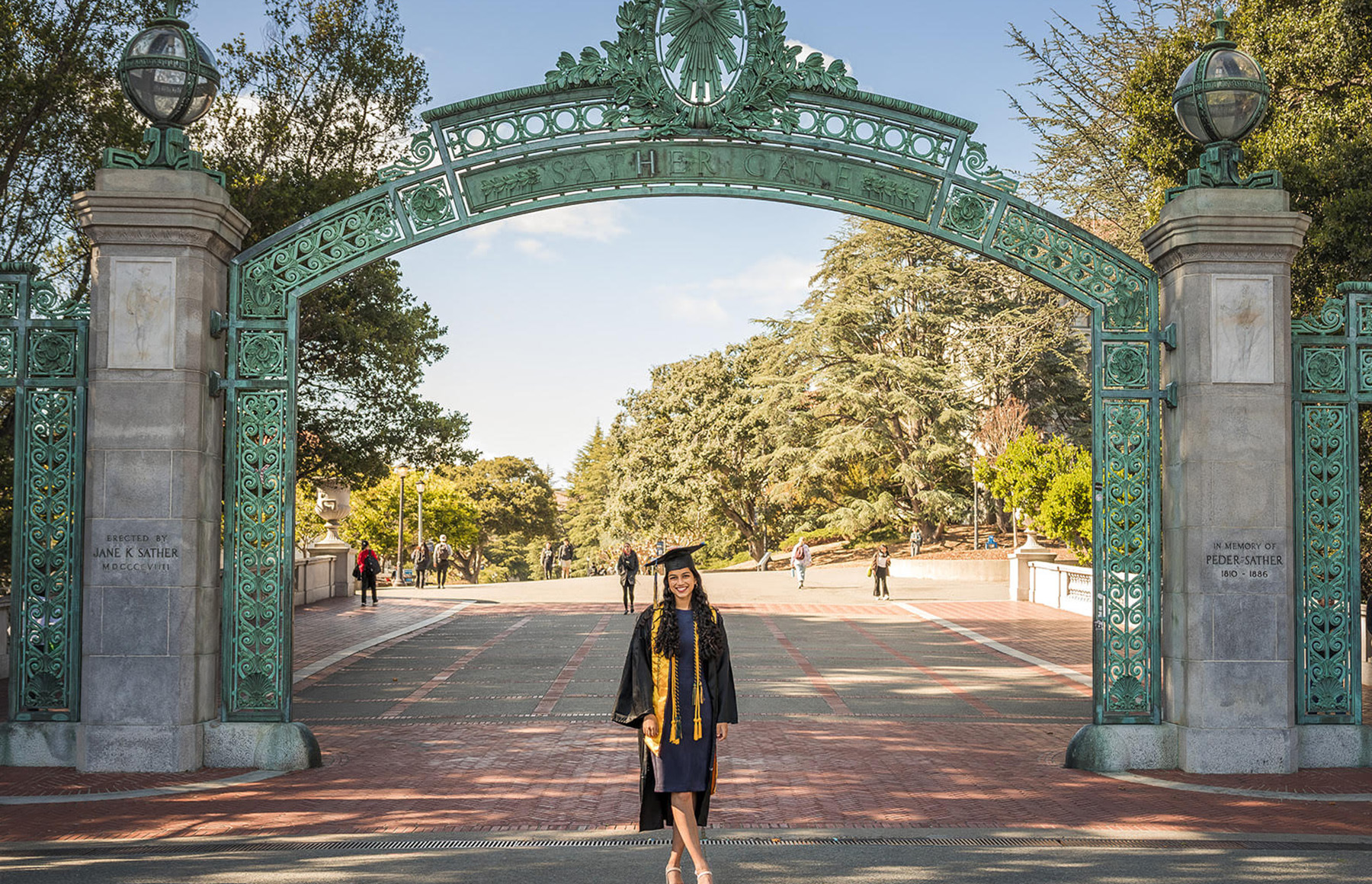

So when she started at Berkeley in 2018, she was clear that her focus should be not only to encourage her peers to join hands in saving this planet but also to work towards framing policies and study material around the subject. In her first year, the young environmental activist won the Cal Alumni Association Leadership scholarship and joined the California-China Climate Institute as a policy research intern.
Intrepid and entrepreneurial, Anjika, joined the Student Environmental Resource Center at the University and with the help of other fellow students co-founded a student club that produces the publication, Caravan Travel & Style Magazine. Her initiative led her to discover the relationship indigenous people in the US have with nature, which later became her field of research in the final year. She interviewed several hundreds of tribal members about how they work on preserving the natural resources in their area. The environmental activist’s thesis about the rights of nature doctrine as a tool for Indigenous sovereignty across the US received grants from the Charles H. Percy Grant for Public Affairs Research and the Center for Research on Native American Issues.
With a vision to continue her education and later work in the field, Anjika is now headed to Northeastern University in Boston to study environmental law on a full-tuition graduate scholarship.
- Follow Anjika Pai on LinkedIn

